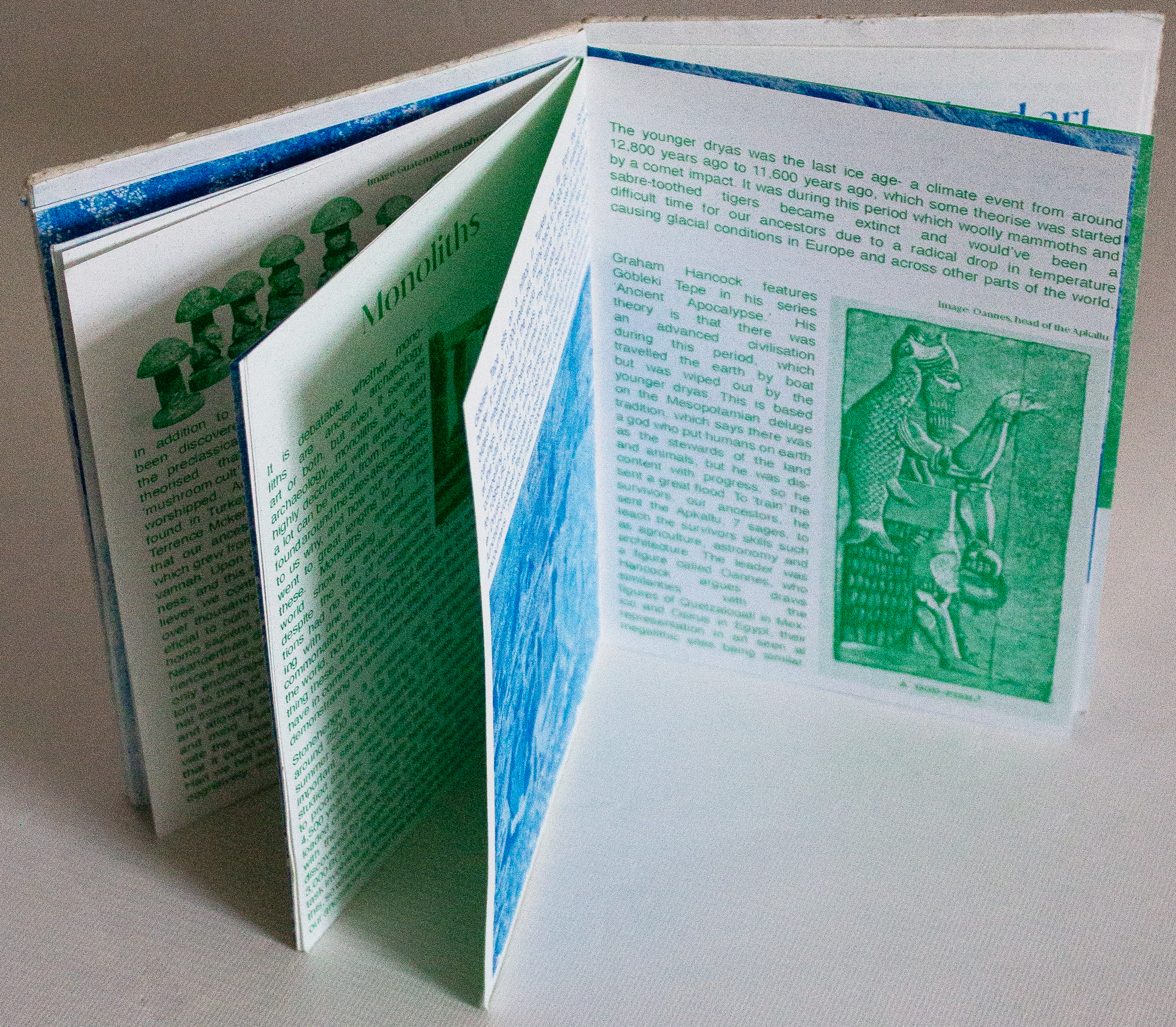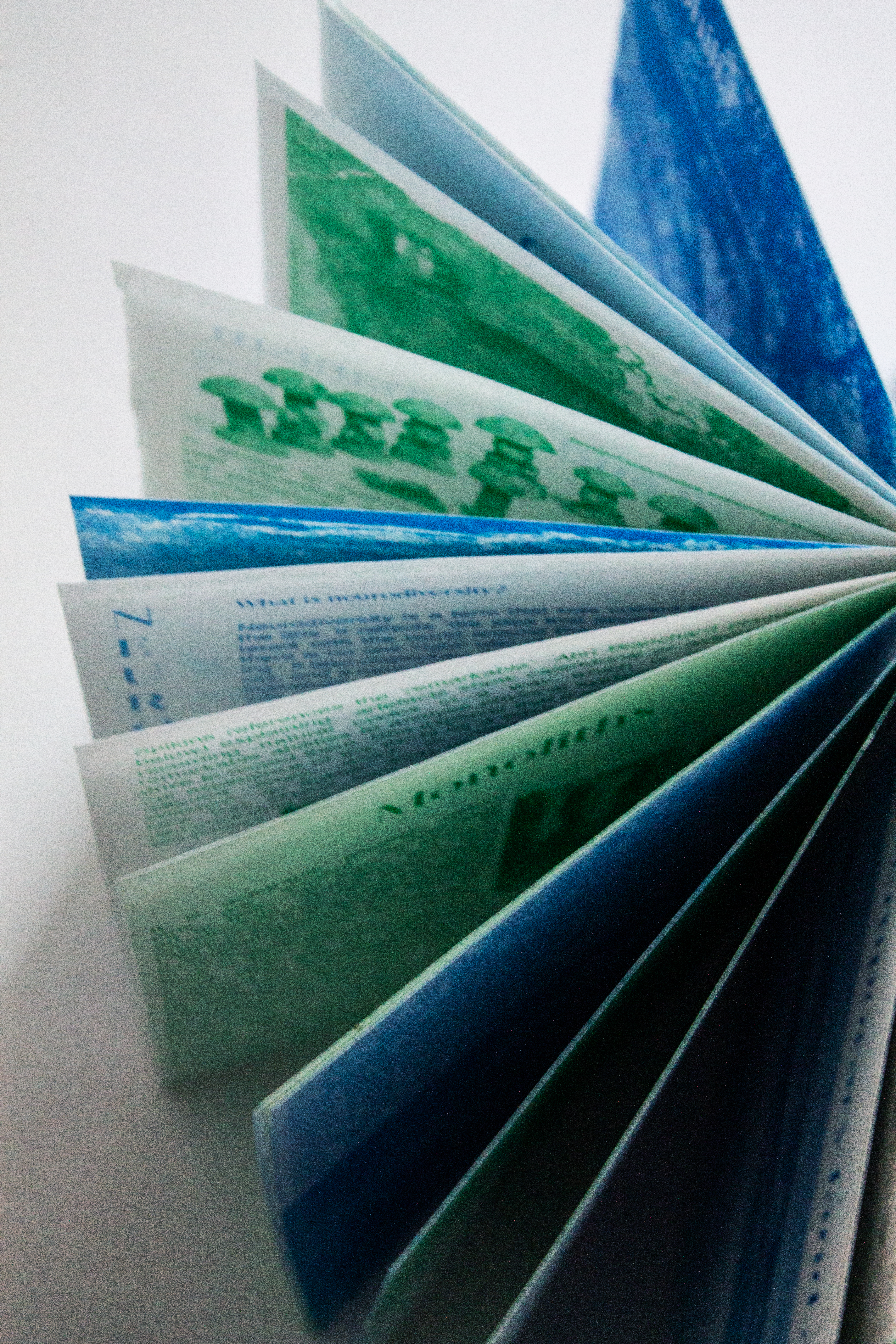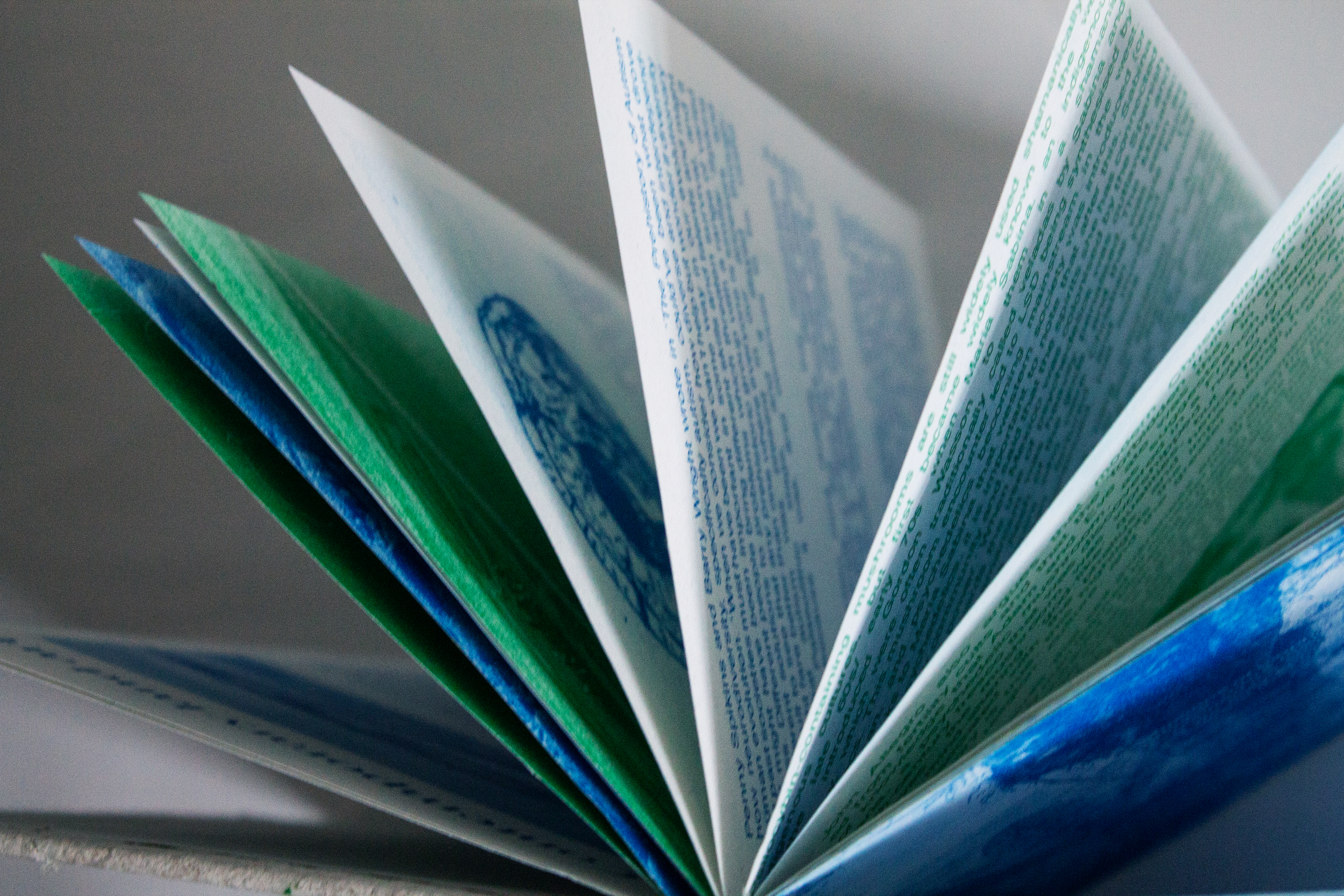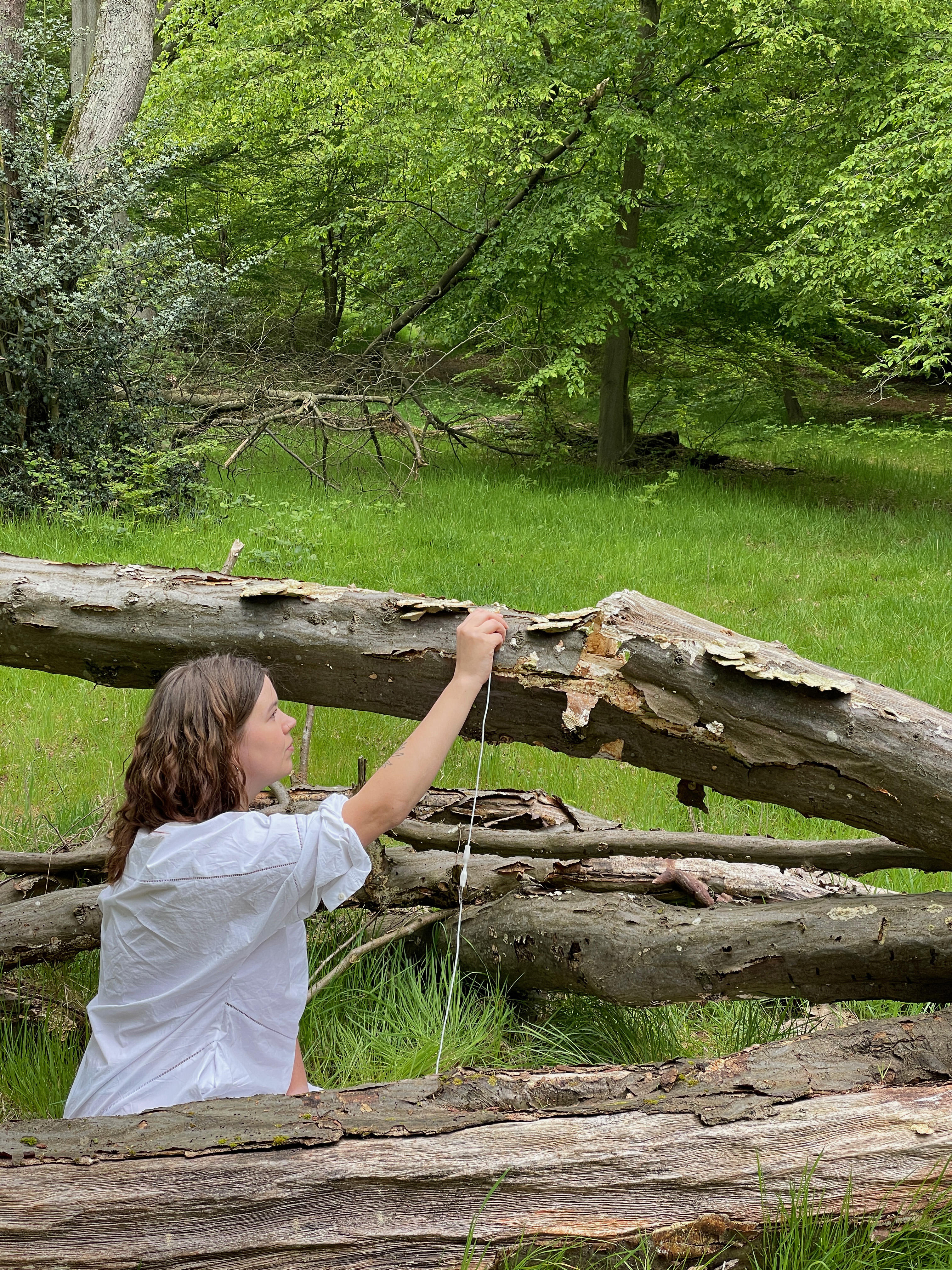Biophilia is my first book, and is based on the research paper I produced for my MA at Central Saint Martins. It explores how ancestral knowledge can be applied to the climate crisis, looking at prehistoric art as case studies, alongside a range of contemporary studies and theory exploring evolution, neurodiversity, fungi and ecology. Each copy is hand bound and each cover is produced from my handmade mushroom paper. The inside is riso printed on paper recycled from 40% post consumer waste, and each cover is screenprinted using natural and non-toxic pigments. The chapters explore cave art, fungi, monoliths, evolution, neurodiversity and land art.




Alongside the book, I also produced a short film of the same title based on the research covered in the book and research paper. This explores the intersectionality of ecology, mycology, queerness, neurodiversity and evolution, and how by elevating and listening to marginalised voices (specifically indigenous, queer and neurodivergent) we can reframe and reconsider our existence as a species, and learn to exist harmoniously with each other and our planet. The film was produced using a range of sustainable, alternative processes, including 16mm film processed using coffee and plants, cyanotype animation, and anthotypes. Celebrating the beauty of the imperfections brought about by these processes along with the VHS footage, the choice of media symbolises who neurodivergent people are often represented and perceived within contemporary western cultured. People often see neurodivergent individuals as having a condition that is like a glitch, an error that needs to be fixed or 'treated' to assimilate in a neurotypical society, however there is a beauty in the difference that is often ignored. The soundtrack of the film was produced using biodata sonification, which converts the fluctuations in biodata coming from the mushrooms into sound. This is accompanied by field recordings of nature around where the film was shot.



You can view the film here.

